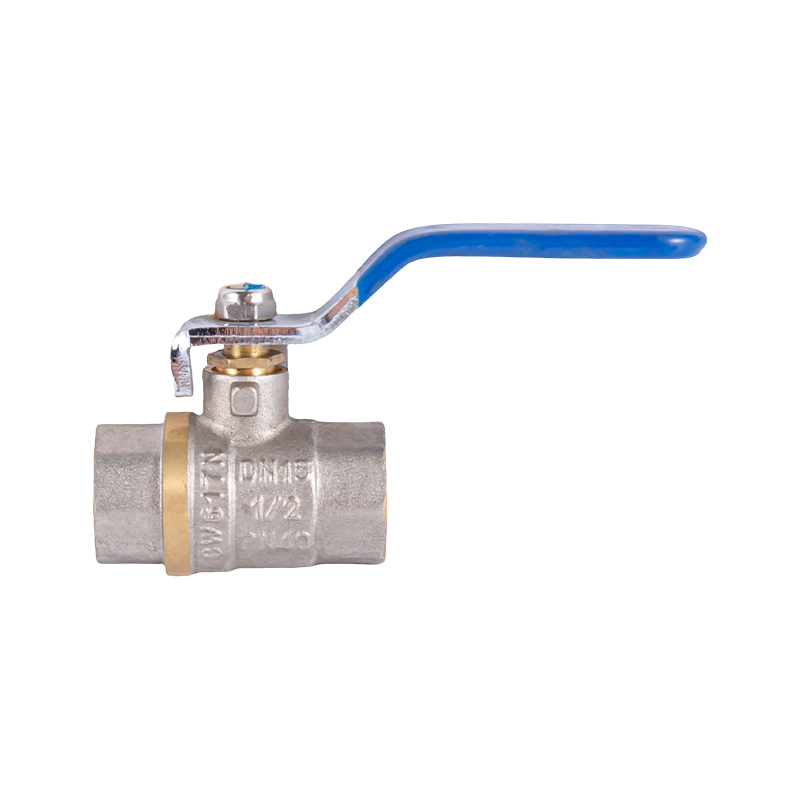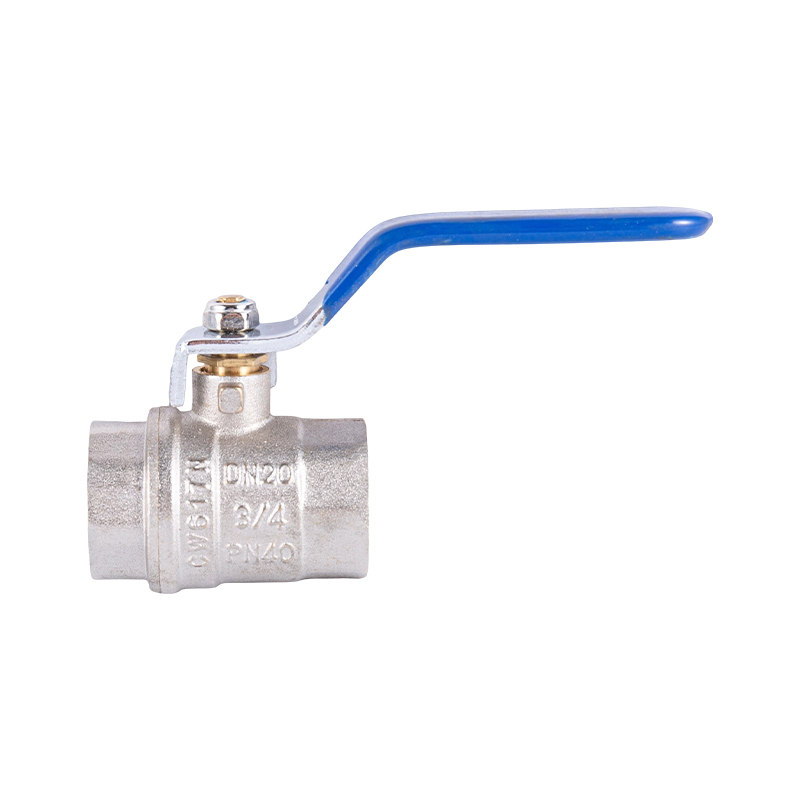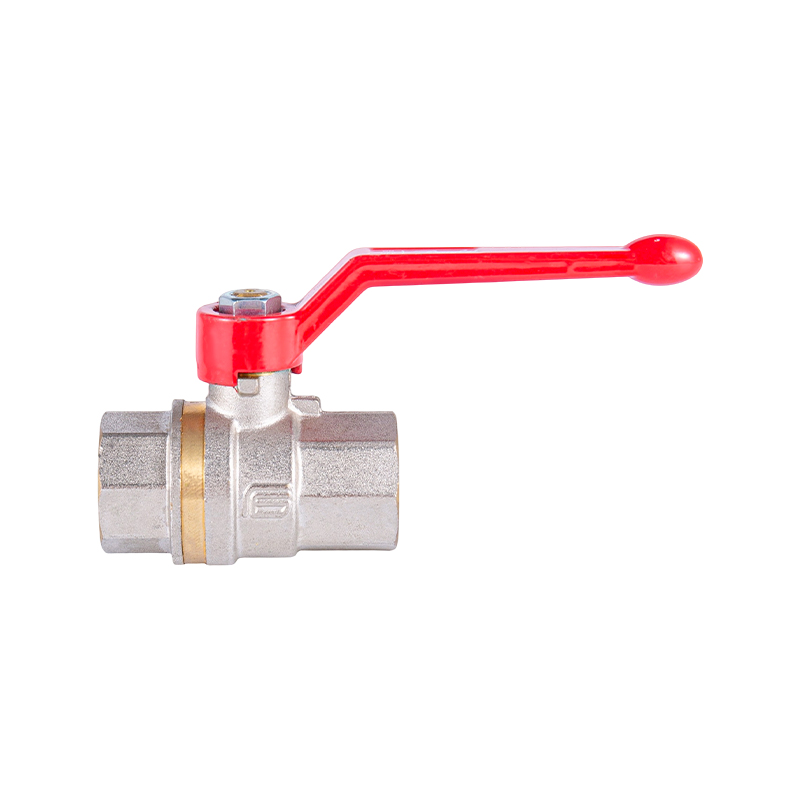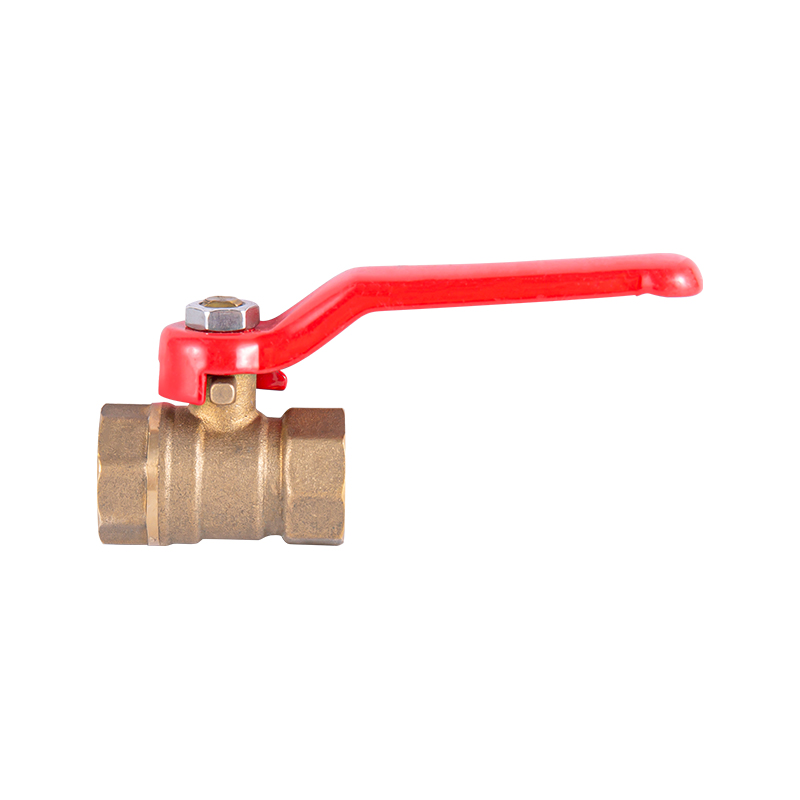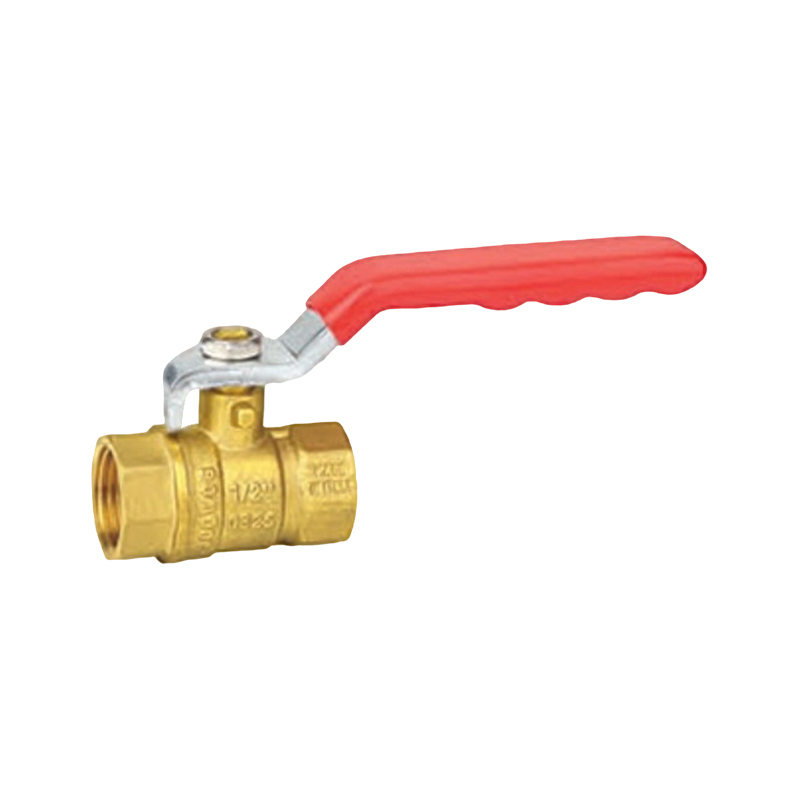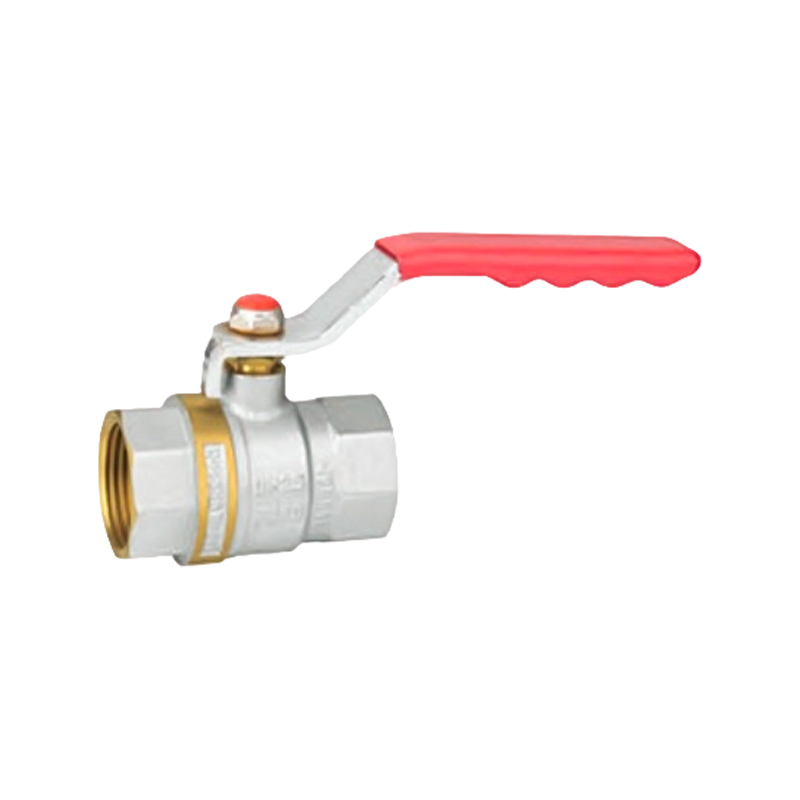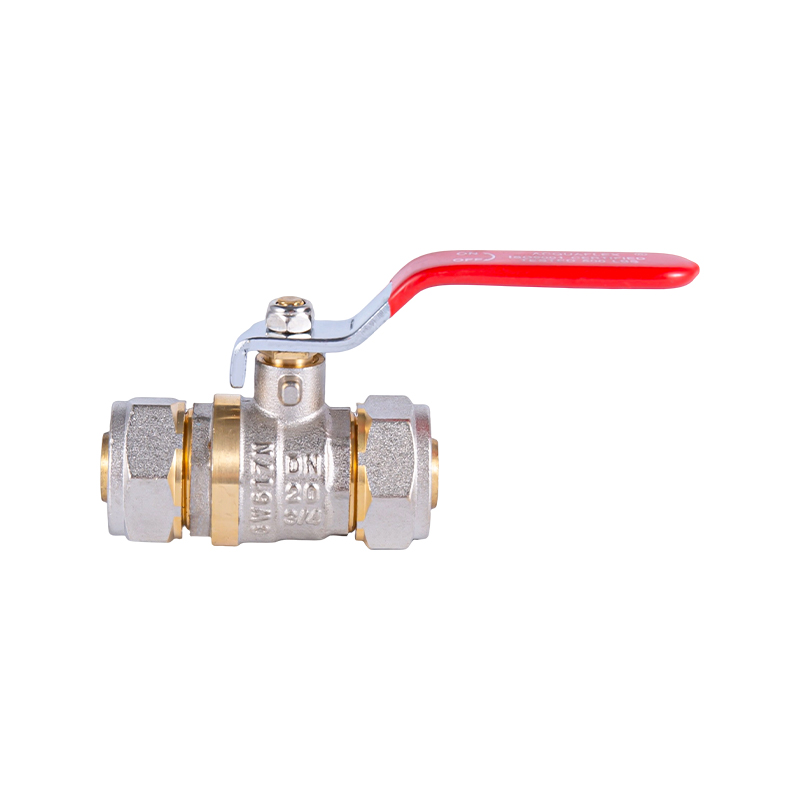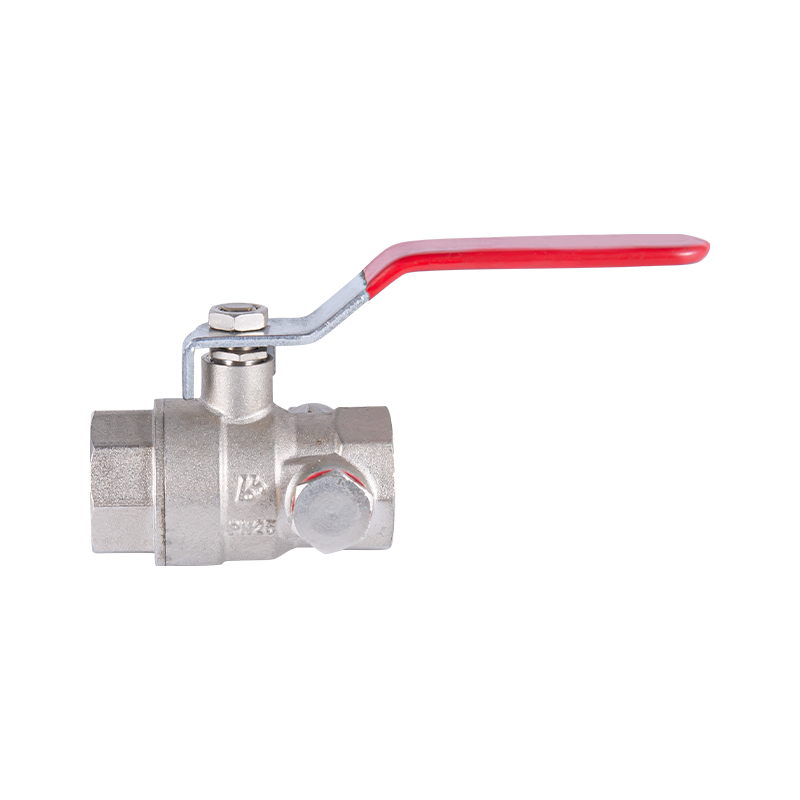Innovative Applications of Mini Flow Valves in Medical Equipment
The field of medical equipment has seen significant advancements in recent years, particularly in the area of precision and efficiency. One essential component in many medical devices is the mini flow valve, which plays a vital role in regulating fluid flow, ensuring that medical treatments and procedures are performed safely and effectively. These small but powerful valves are critical in applications ranging from patient monitoring systems to advanced surgical instruments. By understanding the innovative applications of Custom mini flow valves in medical equipment, it becomes clear why they are essential in modern healthcare.
In medical equipment, controlling the flow of fluids is crucial. Whether it's administering medication, regulating anesthesia, or maintaining the flow of blood or IV fluids, a mini flow valve ensures that the correct amount of fluid is delivered to the patient. The precise control offered by these valves helps healthcare providers maintain treatment conditions.
For example, in infusion pumps, the mini flow valve can regulate the rate at which fluids, such as saline or medication, are delivered to patients. By ensuring that only the required amount of fluid is infused, these valves help prevent overdosage or underdosage, which could have serious consequences.
Precision is a critical factor in medical treatments, and mini flow valves contribute significantly to this aspect. Many modern medical devices, such as ventilators, dialysis machines, and anesthesia machines, require fine-tuned fluid control to ensure that the patient receives exactly what is necessary for their treatment. The flow valve offers the precision needed to regulate the flow of gases, liquids, or other substances used in these devices.
Respiratory equipment, including oxygen concentrators and CPAP (Continuous Positive Airway Pressure) machines, is critical in managing patients with breathing difficulties. Mini flow valves are integral to these devices, ensuring the accurate delivery of oxygen to patients. By precisely controlling the oxygen flow, flow valves help adjust the concentration of oxygen, allowing for tailored treatments based on individual patient needs.
In CPAP machines, the mini flow valve ensures that the correct air pressure is maintained throughout the night, helping patients with sleep apnea breathe comfortably. This control prevents complications such as air leakage or inadequate pressure, which can affect the effectiveness of the treatment.
Infusion therapy is a common treatment for patients who need medications or fluids administered intravenously. The OEM Mini Gas Valve plays an important role in regulating the flow of these substances, ensuring the proper dosage is delivered. These valves help control the rate at which medications are infused into the patient’s bloodstream, which is crucial for patient safety.
In devices such as syringe pumps and volumetric infusion pumps, mini flow valves are essential for regulating the amount of fluid that flows through the tubing. By adjusting the flow rate, these valves can be used to administer fluids or medications slowly and consistently, helping avoid potential side effects or complications from a rapid infusion.
By offering precise control, these valves help reduce the risk of complications during surgery, ensuring the patient’s safety while maintaining the effectiveness of the procedure. Small Brass Valve Makers also help ensure that fluids are delivered at the right pressure and rate, which is essential for preventing injury to tissues or organs.
The mini flow valve plays a crucial role in a variety of medical applications, from regulating fluid flow in infusion therapy to ensuring the precise delivery of oxygen in respiratory equipment. These small but essential devices offer precision, safety, and efficiency in healthcare, improving the performance of medical equipment and enhancing patient care.
As technology continues to evolve, the demand for more advanced and reliable medical equipment will only increase. The mini flow valve will continue to be an integral part of medical devices, helping to improve the effectiveness of treatments and ensuring that healthcare providers can deliver safe and efficient care to patients. Its applications in precision fluid control, whether for anesthesia, medication delivery, or respiratory support, make it a valuable tool in the medical field.
-
Feedback


 English
English 中文简体
中文简体 русский
русский Email us now!
Email us now!
